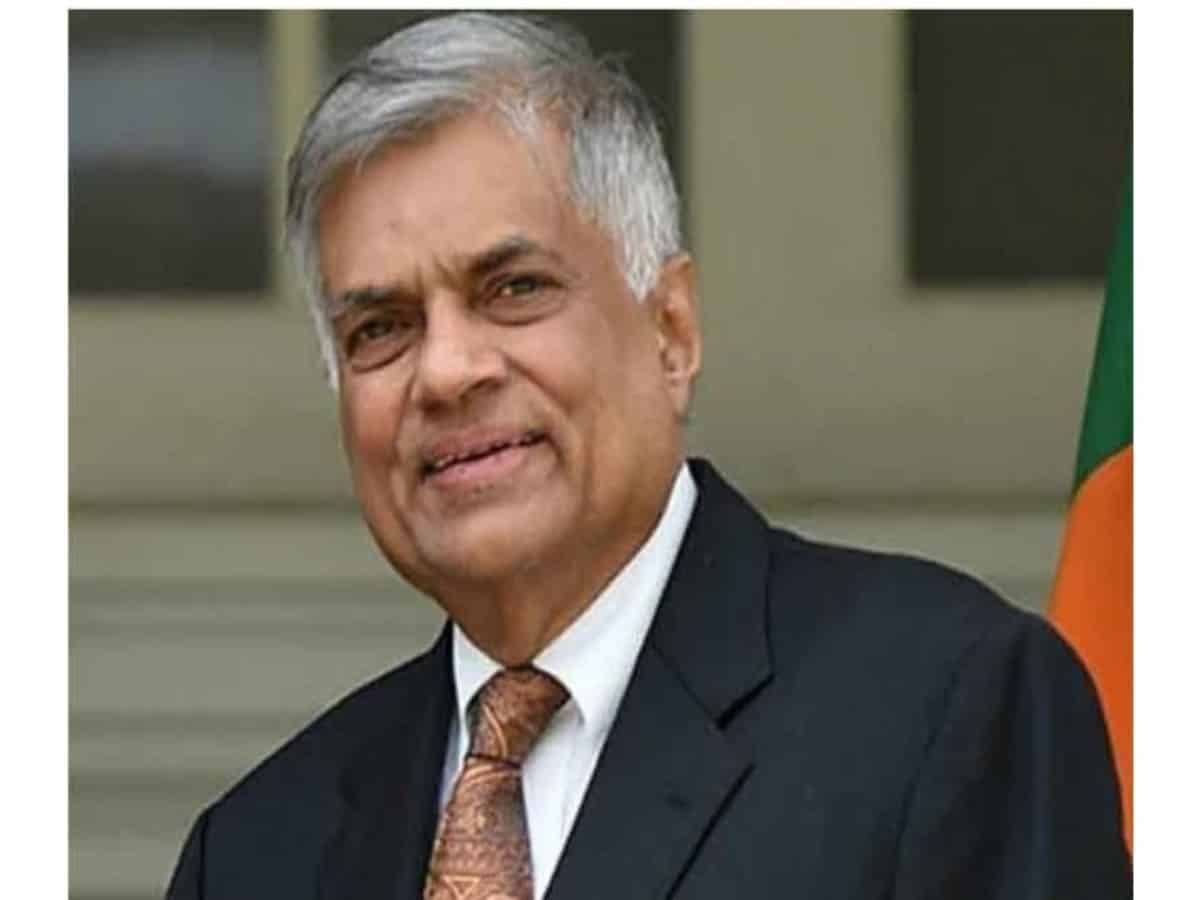
Colombo: On the heels of China’s announcement on the debt treatment agreement for nearly $4.2 billion debts, Sri Lanka President Ranil Wickremesinghe left for China on Sunday night.
The main purpose of the visit is to attend the third Belt and Road Forum for International Cooperation which is scheduled to be held of October 17 and 18. However during his first ever visit to Beijing after assuming duties as the head of state, President Wickremesinghe is to meet Chinese President Xi Jinping and several political and business leaders.
On Thursday Sri Lanka’s Finance Ministry announced that Sri Lanka and the Exim Bank of China has agreed on key principles to restructure $4.2 billion loans.Having lent around $7 billion, China is Sri Lanka’s largest bilateral creditor ahead of Japan and India.
The debt restructure deal is to help in getting past the IMF’s first review in the coming week and in securing the release of a second IMF tranche of about $334 million. In a desperate measure to come out of its worst ever economic crisis, Sri Lanka entered to a $2.9 billion bailout package with the International Monetary Fund (IMF) in September 2022 and started debt negotiation with key bilateral creditors including Japan, India and Paris Club creditors.
However creating a major barrier for the process, China evaded coming to the table together with other creditors.
In his recent statements President Wickremesinghe has described China in a positive light but complained against the West and the US.
Attending a Global Summit in Berlin last month, hereiterated the need to have a comprehensive dialogue between the West and China, the United States and China and the European Union and China as a robust international plan to address the global challenges anticipated in 2024.
He even criticised that the great power rivalries and geopolitics have been an emerging threat o developing countries like Sri Lanka for an open access to trade, investment, capital and etc.
In an opening speech of the Berlin Global Dialogue, Wickremesinghe said: “China’s Belt and Road Initiative has been labelled as a cohesive programme, and the participating countries like Sri Lanka have been looked upon with suspicion. This will further hurt economic prospects in the Global South, and the polarisation will become more evident.”
